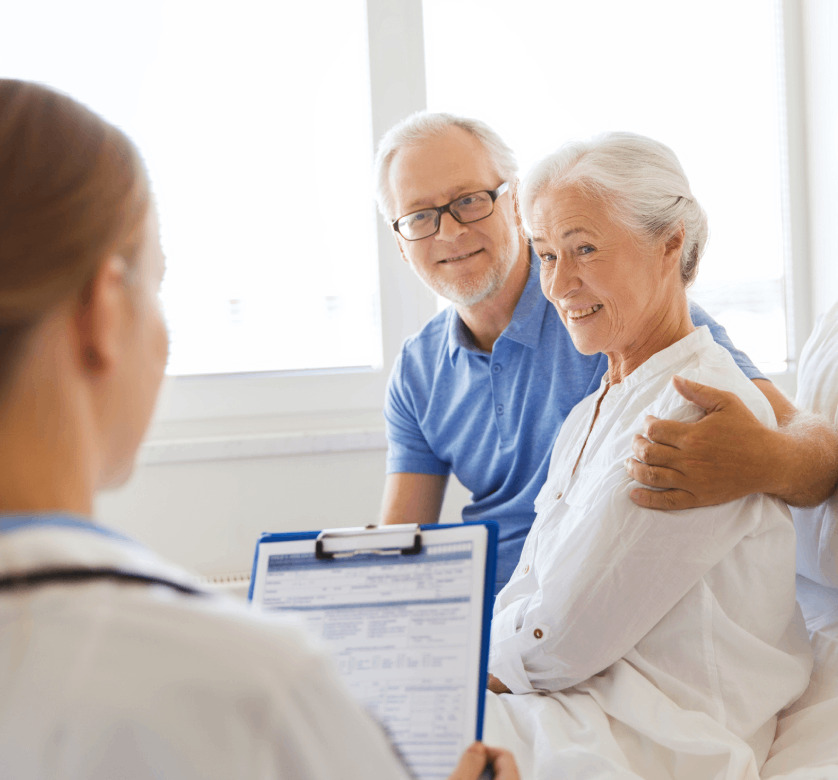Accredited Chest Pain Center
Dallas Regional Medical Center has received Chest Pain Center Accreditation from the American College of Cardiology Accreditation Services, an international not-for-profit organization that focuses on transforming cardiovascular care by assisting facilities in their effort to create communities of excellence that bring together quality, cost and patient satisfaction.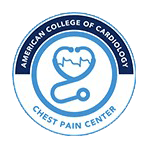 Hospitals that have received ACC Accreditation Services accreditation have achieved a higher level of expertise in dealing with patients who arrive with symptoms of a heart attack. They emphasize the importance of standardized diagnostic and treatment programs that provide more efficient and effective evaluation as well as more appropriate and rapid treatment of patients with chest pain and other heart attack symptoms. They also serve as a point of entry into the healthcare system to evaluate and treat other medical problems, and they help to promote a healthier lifestyle in an attempt to reduce the risk factors for heart attack.
Hospitals that have received ACC Accreditation Services accreditation have achieved a higher level of expertise in dealing with patients who arrive with symptoms of a heart attack. They emphasize the importance of standardized diagnostic and treatment programs that provide more efficient and effective evaluation as well as more appropriate and rapid treatment of patients with chest pain and other heart attack symptoms. They also serve as a point of entry into the healthcare system to evaluate and treat other medical problems, and they help to promote a healthier lifestyle in an attempt to reduce the risk factors for heart attack.
For further information, contact us at 214-320-7000

To become an Accredited Chest Pain Center, Dallas Regional Medical Center engaged in rigorous evaluation by ACC Accreditation Services for its ability to assess, diagnose, and treat patients who may be experiencing a heart attack. To the community served by Dallas Regional Medical Center, this means that processes are in place that meet strict criteria aimed at:
- Reducing the time from onset of symptoms to diagnosis and treatment
- Treating patients more quickly during the critical window of time when the integrity of the heart muscle can be preserved
- Monitoring patients when it is not certain that they are having a heart attack to ensure that they are not sent home too quickly or needlessly admitted to the hospital
Heart Attack Warning Signs
When you’re experiencing a heart attack, every moment counts. The problem is that most heart attacks aren’t like the sudden ones you see in the movies – many start slowly, with discomfort, leaving individuals to wait too long before getting help.
Here are some signs that could mean you’re experiencing a heart attack:
- Chest discomfort. Most heart attacks involve discomfort in the center of the chest that lasts more than a few minutes, or that goes away and comes back. It can feel like uncomfortable pressure, squeezing, fullness or pain.
- Discomfort in other areas of the upper body. Symptoms can include pain or discomfort in one or both arms, the back, neck, jaw or stomach.
- Shortness of breath with or without chest discomfort.
- Other signs may include breaking out in a cold sweat, nausea or lightheadedness.
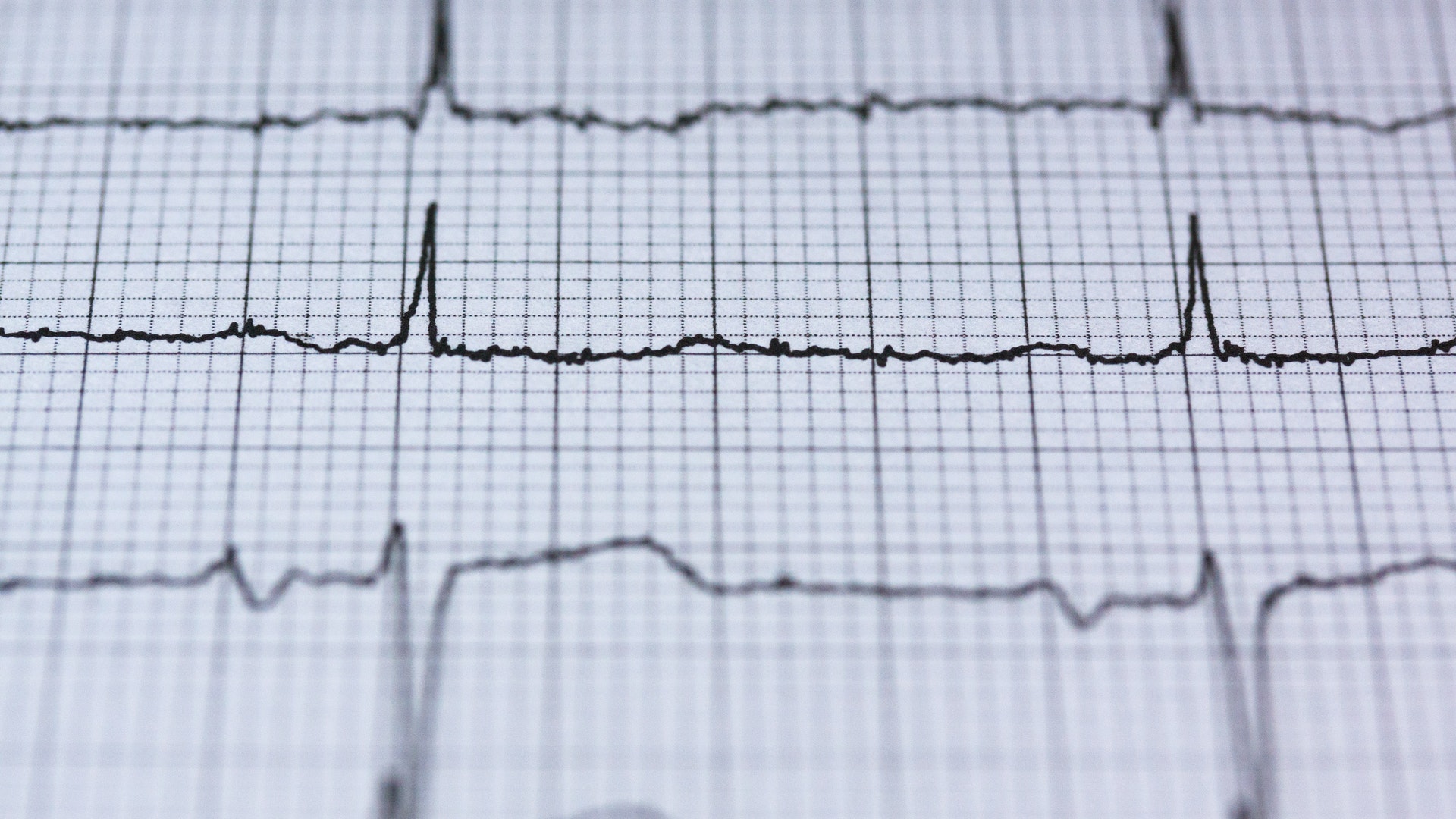
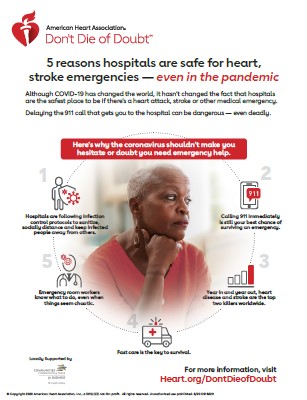
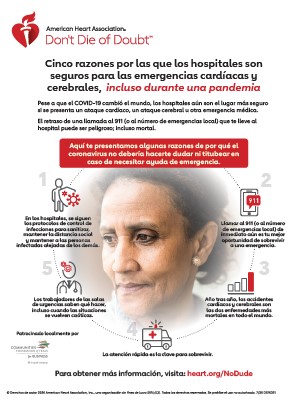
Remember, men and women are a little different when it comes to symptoms. Like men, the most common heart attack symptom for a woman is chest pain or discomfort. But women are somewhat more likely than men to experience some of the other less common symptoms, particularly shortness of breath, nausea or vomiting, and back or jaw pain.
Learn the signs, but remember, even if you’re not sure it’s a heart attack, tell a doctor about your symptoms and have it checked out. Minutes matter! Fast action can save lives – maybe your own. Don’t wait to call 9-1-1 or your emergency response number.
If you are experiencing chest pain or think you may be having a heart attack, please call 9-1-1.
Early Heart Attack Care (EHAC)
The American College of Cardiology has created a free Early Heart Attack Care program. To learn more about the early signs and symptoms of a heart attack, access downloadable brochures, or take the EHAC Education Course, please click here.
Hands-Only CPR
According to the American Heart Association, more than 350,000 EMS-assisted out-of-hospital cardiac arrests occur each year in the US. Approximately 90 percent of people who suffer out-of-hospital cardiac arrests die, but CPR, especially if performed immediately, can double or triple a cardiac arrest victim’s chance of survival.
Hands-Only CPR has been shown to be as efficient as conventional CPR for cardiac arrest at home, at work, or in public. To learn more about Hands-Only CPR, please watch the videos below or click here.
Featured Services
Bariatric & Weight Loss Institute
Cardiology
Emergency Medicine Center
Orthopedic Center

![DallasRegionalMedicalCenter[1]](https://dallasregionalmedicalcenter.com/wp-content/uploads/2022/07/DallasRegionalMedicalCenter1.png)

